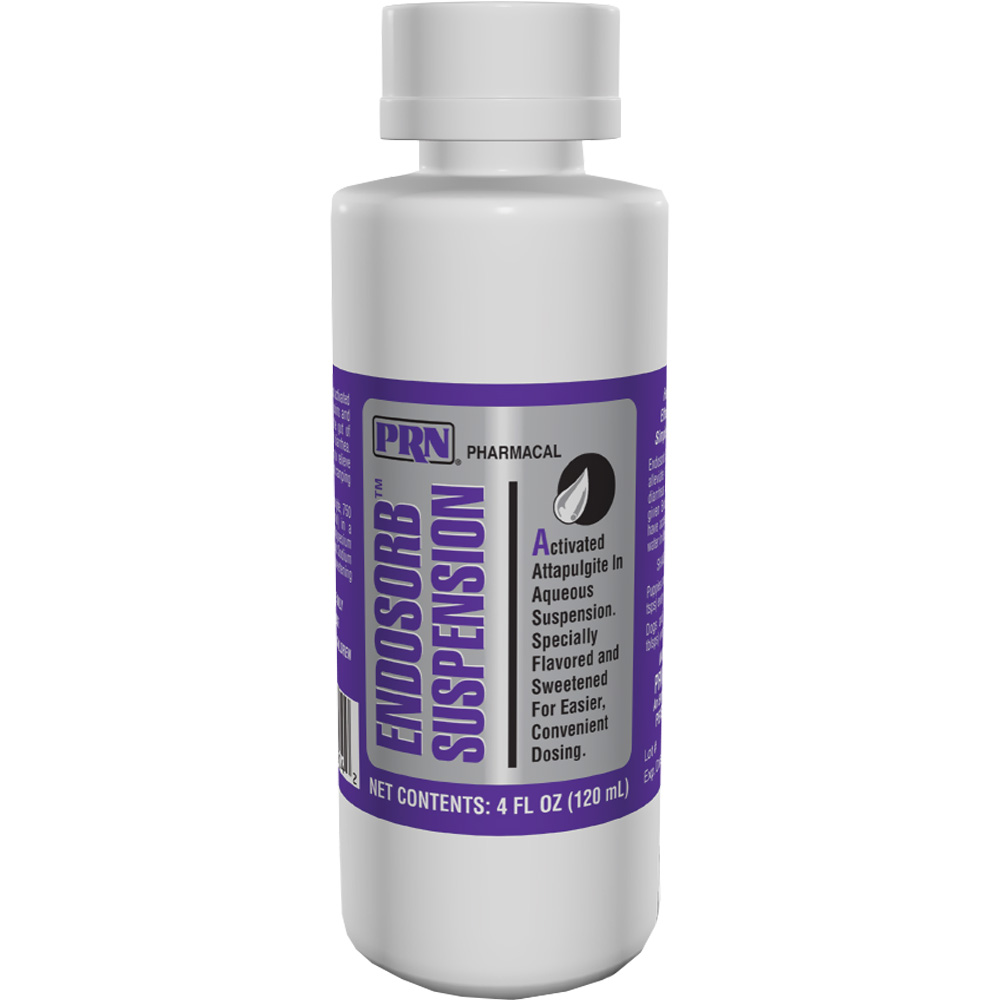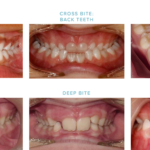Ronidazole has not been approved for use in the United States. It must be obtained from a trusted compounding pharmacy. It is bitter and, thus, should be given in a capsule; liquid solutions are not recommended. Treatment failure can occur, and a fecal PCR should be performed if a cat fails to respond to therapy. TTF is less likely to be the cause of diarrhea if it’s negative on the PCR test. If left untreated, many cats become normal, especially younger cats under one year old.
- Side effects can occur with most medications. Ask your veterinarian about what to look out for.
- As with all medications, there are precautions you should take.
- Trial therapy includes antiparasitic therapy and dietary food trials.
- Consequently, a dietary trial should be the first step in evaluating a patient that has chronic diarrhea after systemic, metabolic, and GI parasitic disease are eliminated as potential causes.
- Chronic diarrhea is a common complaint, and the potential etiologies are extensive.
While this medication does have some side effects and risks, they will likely resolve within a few days and serious issues are rare. Make sure your pet takes all the metronidazole prescribed. This will help to clear the infection and prevent it returning. Remember to follow your vet’s recommendations on how to manage your dog’s diarrhea. Be sure to follow-up with them if things aren’t back to normal at the end of the prescription. Ronidazole, the only antimicrobial that has been shown to be effective in treating TTF infection, is administered orally at 30 mg/kg for up to 14 days. Ronidazole has a narrow therapeutic range; higher doses or a longer duration can result in neurotoxicosis.
Metronidazole is a commonly prescribed antibiotic for dogs with diarrhea and other gastrointestinal problems. Since this is a “human medication,” you may be concerned about how it might affect your pet. IBD is usually classified based on the affected region of the GI tract Wewriteaboutdogs.com endosorb guide and the predominant cell type within the inflammatory infiltrate. Lymphocytic-plasmacytic enteritis is the most common type of IBD observed in dogs and cats. Other forms include eosinophilic, neutrophilic, and granulomatous enteritis. Because past research has found metronidazole to be effective against certain causes of diarrhea in dogs, it has become many veterinarians’ go-to treatment for diarrhea in general.
But for many veterinarians, this antibiotic has become a knee-jerk response to dog diarrhea based on historical practice and theories rather than scientific evidence. Research is showing that metronidazole may be less effective than previously believed for certain gastrointestinal conditions. We now know that metronidazole can have long-term negative effects on your dog’s microbiome. Over the years, I have become more and more impressed to see GI signs resolve simply by changing a patient’s diet. However, I have seen a patient with hypoproteinemia and debilitation respond to a diet modification only. A dietary test should be performed as the first step in evaluating a chronic diarrhea patient after any systemic, metabolic or GI parasitic diseases are eliminated.
- I prefer to use trial therapy for animals with mild diarrhea, without weight loss or debilitation.
- Metronidazole is a bitter-tasting medication that can cause excessive salivation, drooling and gagging in cats.
- In most cases, veterinarians do not prescribe Endosorb without other medications as well.
- Both antibiotics are used to potentially treat specific bacteria that may cause acute gastroenteritis .
- Many drugs are commonly prescribed for off label use in veterinary medicine.
The course of action depends on a thorough clinical evaluation and the severity of the clinical illness. Endosorb Tablets can be used to support intestinal disorders in small animals, as well as non-specific diarrhea in cats and dogs. Animals suffering from diarrhea symptoms absorb toxic substances and toxins. Antimicrobial therapy with metronidazole or tylosin is sometimes used empirically in dogs and cats with idiopathic acute gastroenteritis that present with either small or large bowel diarrhea. Both antibiotics are used to potentially treat specific bacteria that may cause acute gastroenteritis . A course of metronidazole may be an option if your dog is suffering from diarrhea.
- But for many veterinarians, this antibiotic has become a knee-jerk response to dog diarrhea based on historical practice and theories rather than scientific evidence.
- Sometimes, antimicrobial therapy with metronidazole and tylosin can be used empirically for dogs or cats suffering from idiopathic acute gastritis.
- These situations may require you to carefully follow the instructions and cautions of your veterinarian.
- Research is showing that metronidazole may be less effective than previously believed for certain gastrointestinal conditions.
- The most important thing to remember is that this is not a substitute for antibiotics or comprehensive medical treatment of the underlying diseases that cause diarrhea.
However, bacterial infections generally require an antibiotic or other form of treatment in addition to Endosorb, in order to sufficiently relieve your pet’s diarrhea. In most cases, veterinarians do not prescribe Endosorb without other medications as well. Given these risks, it’s important to Consider other options to antibiotics.





